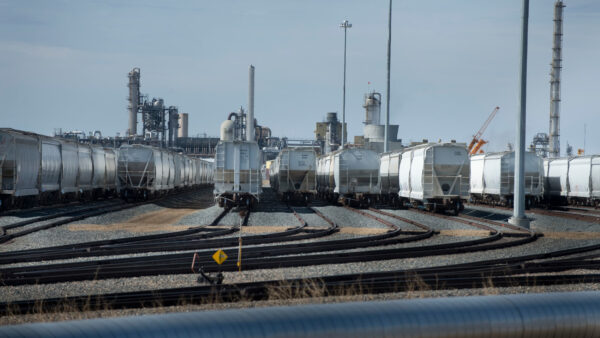The European Investment Bank (EIB), a non-profit financier led by the European Union, has frozen funding to UK projects in the wake of Brexit.
UK newspaper The Times, said that the British government will see a multibillion-pound shortage of funding for public infrastructure projects, which could range from hospitals to social housing.
The UK is a 16% shareholder in the EIB and is due to leave the institution when it leaves the EU, a date currently set for March 2019.
Last year the EIB financed public infrastructure projects worth £6.9bn (€7.4bn) in Britain.
Nine projects worth £1.4bn (€1.5bn) were approved by the EIB in the first three months of 2017.
Funding for only three UK projects have been awarded since Article 50 was triggered in March this year.
An EIB source told website BusinessGreen that the bank is concerned over the amount of return on long term financing.
Philip Hammond, the Chancellor of the Exchequer, said earlier this year: “The European Investment Bank, and its offshoot, the European Investment Fund, have been an important source of funding for infrastructure investment and for growth businesses. Â
“I want that access to EIB funding to continue while we are members of the EU on equal terms, so I am engaged with the EIB and will provide the assurances it needs to sustain the flow of EIB and EIF funding to UK businesses and projects. Â
“And to ensure that finance continues to be available after Brexit, alongside these discussions with the EIB I can also announce I am expanding the support available to capital funding in the UK.”
A report by techUK called Breaking the Brexit Bank has warned against leaving the EIB, saying that it “may not see the swift return for UK assets, meaning that withdrawal is unlikely to see the return of capital to the UK Government in the short term. Â
“The ability to return the £9.4bn (€10.2bn) of British contribution to the bank was seen by some as an argument to leave the EIB. Â
“If this is not possible, the benefits of seeking continued involvement in the Bank significantly increase.”
Jane Duncan, RIBA President, said: “The UK needs continued access to funding from the EIB, at the very least until the UK withdraws from its membership from the EU.
“The news that this is not taking place will be very concerning for many across the construction sector.
“Access to finance is central to ensuring that the UK can build the transport systems, homes, hospitals and schools that communities across the country really need.”
Image: The EIB Group’s headquarters in Luxembourg










